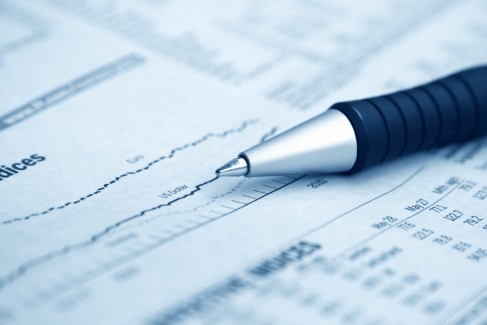- June 17, 2022

A healthy dose of optimism is the special order of the day based on the proposed budget.
The Government has certainly appealed to the masses with the latest budget. How successful it will be remains to be seen however we have highlighted a few aspects we think investors should keep in mind as we each strive to make sound financial decisions.
To start, the 2022-23 Budget has a heavy GDP growth reliance that doesn’t leave much wiggle room for unforeseen circumstances or failures. Negative externalities, such as a major hurricane, are real risks when it comes to the fiscal state of the Government. This ultimately impacts the Government’s ability to recover from a shock such as a hurricane and the ability to gain assistance from local or international investors/bodies.
A Quick Look
- The 2022-23 Bahamas Budget relies on 3 main things:
1. Economic Growth
2. Increased volume of VAT revenue generating transactions
3. Crackdown on tax delinquents
- The Government seems to be cognizant of households and businesses still recovering from the pandemic and therefore is resisting increasing taxation.
- The attempts by the US Federal Reserve to fight inflation in America can have positive impacts for Bahamians as the US is our major trading partner. Any success by the Federal Reserve in bringing down prices will be passed on to consumers and the economy here.
...the 2022-23 Budget has a heavy GDP growth reliance that doesn’t leave much wiggle room for unforeseen circumstances or failures.
A Cautionary Tale – 6 Things To Consider
1. New and/or increased taxes seem inevitable as the government will likely face resistance to the collection of current outstanding taxes.
2. The budget is dependent on the US economy’s continued growth feeding the Bahamian tourism industry’s revival. This draws some concern that we are solely relying on external forces to escape fiscal crisis.
3. The hike in short term US interest rates by the Federal Reserve could result in Americans cutting back on spending and international travel. A major shock to the local tourism market isn’t expected but rather the rate of the tourism industry’s recovery will likely slow.
4. Moody’s has argued the revenue projections in the budget are too aggressive amid post-COVID uncertainties. As an internationally recognized and reputable financial intelligence company, we shouldn’t dismiss their concerns.
5. The investor and creditor confidence in Bahamas bonds has come at a pricey cost of 9% interest, 2% higher than previous bond issues. The sustainability of such high interest bonds is questionable in the long run.
6. The elephant in the room when it comes to inflation remains to be the price of oil which continues to be in limbo. This alone will lead to higher consumer and business prices for the foreseeable future.
Taken With A Grain Of Salt
Overall, while the budget has brought a sigh of relief to those worried about the effect of raised taxation on everyday life, everyone is still encouraged to take a long hard look at their budgets as individuals. Discretionary spending should be reduced where possible as inflation is expected to remain with us for the long-term. Remaining frugal and other lifestyle adjustments might be in order especially if your income is not increasing at the same rate as inflation. As always, hope for the best while planning for the worst. Optimism is never a bad thing, once you are aware of the mitigating factors.


